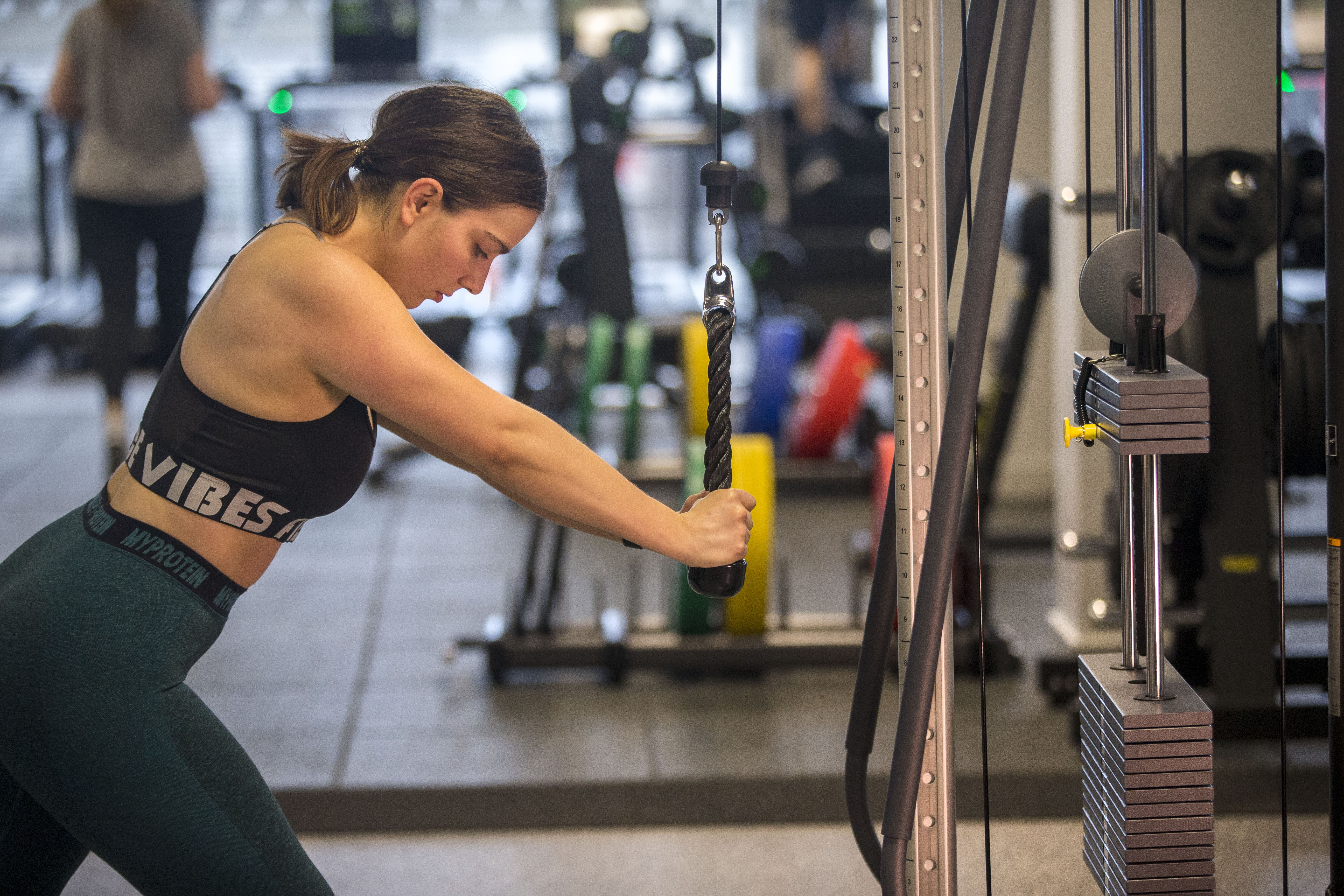A common misconception with muscle building is that the muscles are growing as you workout. The reality is that as you experience the resistance during strength training, the small fibres in the muscles are repeatedly stretching and contracting and creating tiny tears. The real mass starts to build during the recovery process, and often this is the part of muscle gain that gets overlooked.
To ensure you are seeing the maximum results from the hard work you are putting in… we have put together a list of do’s and don'ts when it comes to muscle recovery!
Feeding those fibre repairs
Amino acids are the building blocks of our bodies, and protein is made up of these acids. That’s why protein is such a buzz word in the fitness community. It's no bluff… eating protein rich foods between workouts will induce ‘protein synthesis’ which is the growth and repair of our muscles. The period of time straight after a workout is the window of opportunity to milk those muscle repairs! At Village, we know the benefits of the post workout protein hit. That's why we’re stocked with Optimum Nutrition snacks in our clubs… an easy grab and go on your way home. Who said feeding those muscles needed to be complicated?
A less talked about part of post workout replenishment, is glycogen. Glycogen is essentially the stored fuel that makes your muscles move. After a tough workout this fuel store needs replenishing for effective repair. Eating carbohydrates is how we restock those Glycogen stores, so contrary to popular belief… Carbs do play an important role in muscle recovery!
Post workout refreshments
It's common knowledge that water is an important part of your exercise routine… but what role does this play in the recovery process and why is it so important post workout? We have already spoken about the importance of nutrients for muscle recovery, and water plays a vital role in digesting that post workout meal. Not only this, but protein synthesis can’t actually happen without the muscles being hydrated.
Water is the most obvious drink to have after working out. It's important to stay clear of any liquids that will cause further dehydration, so resist the urge to grab a coffee on your way home. Caffeine is a no go zone for muscle repairs. Same goes for alcohol or anything with a high sugar content.
On the other hand, grabbing a drink that has added electrolytes; more specifically Magnesium, Calcium, Potassium and Sodium, will help reduce the risks of cramping. These minerals will also keep those energy levels up and hopefully make you less tempted to reach for one of those water zapping alternatives!
From 100 to 0… or not.
A vital part of your workout is the cool down, and it's often the part that gets missed off the plan. As our blood pressure increases during exercise, it's important to slowly bring it back down rather than let it drop dramatically. This is primarily to ensure you don’t faint after your workout… that would be a quick fire way to destroy your motivation! From a muscle point of view, stretching those little fibres whilst they’re still warm will reduce the post workout muscle aches. Remember… we’re in it for the long haul. Besides all the physical benefits a cool down has, why not indulge in a few minutes of self care? You deserve it after that tough work out.
Beauty sleep for beautiful biceps…
Who doesn’t want more excuses for a lazy day or lie in? This is where we talk about long term recovery. If you want lasting results, it's super important to develop a good routine with rest and working out. The down time between workouts gives your muscles time to repair themselves and therefore become stronger.
However, sleep plays more of an important role than just repair. A good sleep routine helps reduce stress levels. Stress can have a negative effect on our bodies by releasing hormones like Cortisol, which actually inhibits the growth of muscles. It's crazy to think that lack of sleep can reverse all that hard work! Grab yourself a camomile tea and catch those z’s… your muscles will thank you!
Hopefully we’ve provided you with some motivation to look after yourself outside of exercising. Eating intuitively, working out sensibly and most importantly allowing your mind and body time to rest is the key to a sustainable fitness lifestyle.


